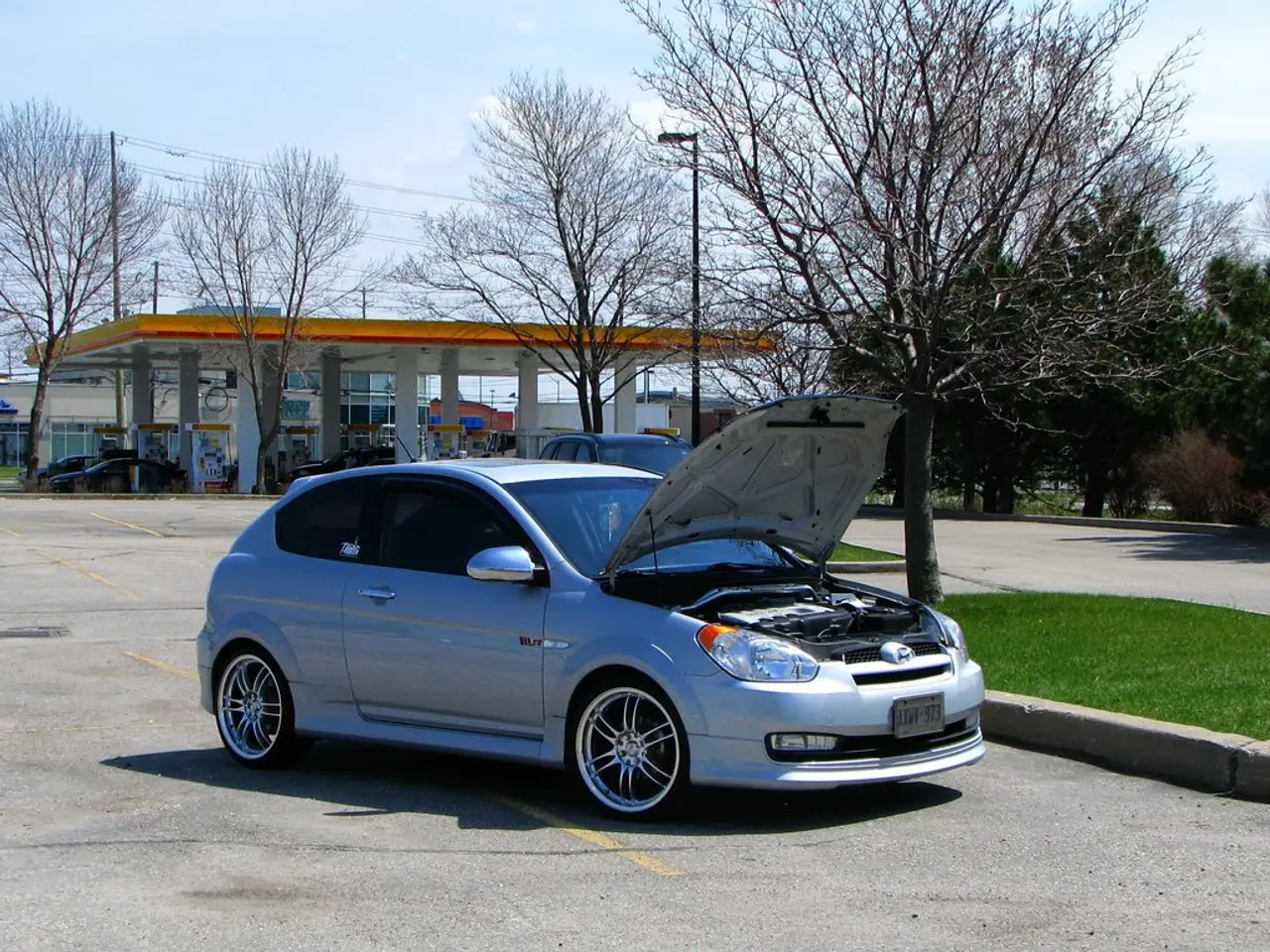Diesel fuel approaching the same price level as regular fuel, making cost-effective diesel starters less attractive. - Diesel prices are barely lower than those for super ignition fuel.
In the German fuel market, the traditional price gap between diesel and gasoline has narrowed significantly, with diesel currently averaging around 5 cents cheaper than regular gasoline (E10). This shift, which has been influenced by market fluctuations and taxation policies, has impacted the economic viability of diesel vehicles compared to gasoline cars.
Historically, the cheaper price of diesel fuel made diesel vehicles more economical for high-mileage drivers, as fuel costs formed a significant portion of operating expenses. The fuel-efficient nature of diesel engines further increased their appeal. However, non-fuel costs such as higher purchase prices, maintenance costs, and changing regulatory environments have increasingly affected the viability of diesel vehicles.
Recent policy shifts aimed at curbing diesel emissions, along with the rise of electric vehicles, have somewhat diminished the economic advantage of diesel vehicles. In the past, a significant portion of German diesel imports came directly from Russia. However, the current situation sees replacement supplies for diesel coming mainly from the USA, Western Europe, and the Arab world.
The fuel market expert at the ADAC, Christian Laberer, notes that this difference at the pumps hasn't been seen for a long time. It's worth mentioning that diesel is more crisis-prone because Germany imports much more of it compared to gasoline.
The cost per kilometer for various car models is calculated by the ADAC and compared for annual mileages of 10,000, 15,000, 20,000, and 30,000 kilometers. The shift in diesel imports has consequences when buying a car, as higher annual mileages (sometimes beyond 20,000 kilometers) are now needed to make a diesel car cheaper to run than a gasoline car.
In 2024, Germany consumed around 32 million tons of diesel, with 13 million imported. In comparison, gasoline consumption was around 18 million tons, with about 2 million imported. The difference in state taxes and levies between diesel and gasoline is about 20 cents per liter.
In summary, the historical price difference with cheaper diesel fuel improved the cost-effectiveness of diesel vehicles compared to gasoline cars, especially for high-mileage users. However, changing fuel prices, taxation, and environmental policies have moderated this advantage over time. The current situation presents a new landscape for consumers in the German market, with the cost-effectiveness of diesel vehicles being more dependent on annual mileage than before.
The community policy and employment policy in the German automotive sector should consider the impact of changing fuel prices, taxation, and environmental regulations on the viability of diesel vehicles. Vocational training programs for automotive technicians may need to focus more on electric vehicle maintenance to meet the growing demand.
In light of the shift in fuel imports and the moderated economic advantage of diesel vehicles, sports clubs and organizations might need to review their transportation policies to optimize costs for their vehicles with high annual mileages, considering both diesel and gasoline options for their fleets.








